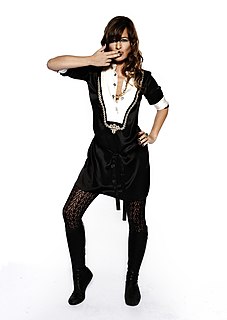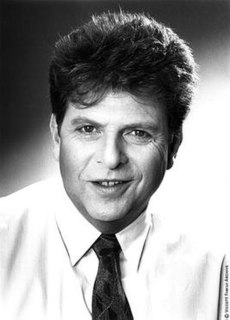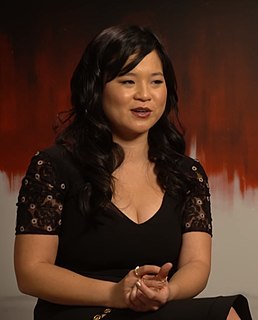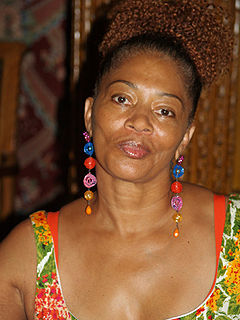A Quote by Angela Rayner
Many parents know that hugging your children - telling them how amazing they are - is so important. Some parents, through no fault of their own, don't realise this. My mum was one of those who didn't realise, and I almost was too.
Related Quotes
One can tell a child everything, anything. I have often been struck by the fact that parents know their children so little. They should not conceal so much from them. How well even little children understand that their parents conceal things from them, because they consider them too young to understand! Children are capable of giving advice in the most important matters.
Love involves more than just feelings. It is also a way of behaving. When Sandy said, "My parents don't know how to love me," she was saying that they don't know how to behave in loving ways. If you were to ask Sandy's parents, or almost any other toxic parents, if they love their children, most of them would answer emphatically that they do. Yet, sadly, most of their children have always felt unloved. What toxic parents call "love" rarely translates into nourishing, comforting behavior.
Children make you confront your own childhood. Which I think is common. Suddenly you're remembering your own parents as parents, not to mention the fact that you're confronted by them as grandparents. So you also have that terrible shock, a mirror image of your own. You suddenly seem to be so helpless in the face of young children. And you think, "How did you ever bring up me?"
Children grow rapidly, forget the centuries-long embrace from their parents, which to them lasted but seconds. Children become adults, live far from their parents, live their own houses, learn ways of their own, suffer pain, grow old. Children curse their parents for their wrinkled skin and hoarse voices. Those now old children also want to stop time, but at another time. They want to freeze their own children at the center of time.
There is a period in your life when you need your parents and a period in your life where you only think you need your parents. Something clicks, there's a little switch that goes and your parents, who had been the wind beneath your wings, through no fault of their own can start to oppress a bit, can start to stop you doing stuff.
So many people don't realise you need to be on a certain level of Maslow's hierarchy to have a dream: you have to have food and be safe from danger, all these things my parents didn't have at the get go, so I, from the very beginning, believe I have been living for multiple generations, for my parents and grandparents.
There are great parents of small children - they keep their little hair in bows - but those parents are not always good parents of young adults. As soon as their children get up to some size, it's "Shut up, sit down, you talk too much, keep your distance, I'll send you to Europe!" My mom was a terrible parent of small children but a great parent of young adults. She'd talk to me as if I had some sense.


































